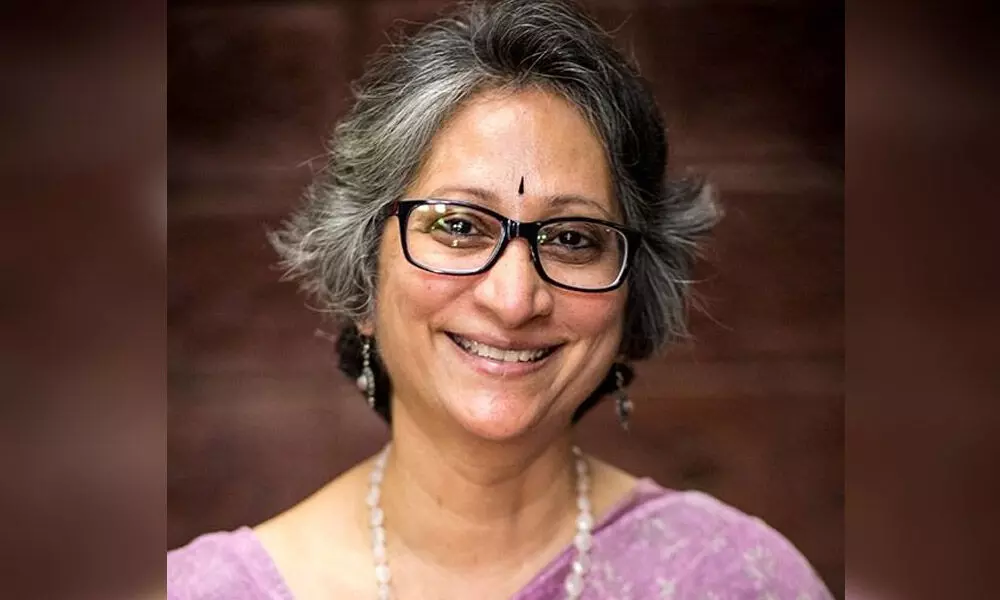Live
- Supreme Court issues notice on PIL seeking directions to integrate legal education, self-defence training into school curriculum
- Bengal school jobs case: Arpita Mukherjee granted bail; new HC Bench to look into Partha Chatterjee's plea
- Working to provide social security for gig and platform workers: Govt
- Bangladesh records 11 dengue deaths, toll rises to 459
- Vocera Raises $500K from Y Combinator to Revolutionize Voice AI Testing and Evaluation
- GQG Partners Refuses to Sell Adani Stocks Despite Bribery Scandal and 26% Loss
- Bihar: Four persons including girl injured in post bypolls violence in Gaya
- Dharmasthala Dharmadhikari Enters Record Book
- BJP to Review By-election Losses in State Meet
- Activist Alleges CPCB Cover-up on Endosulfan in Kasaragod









